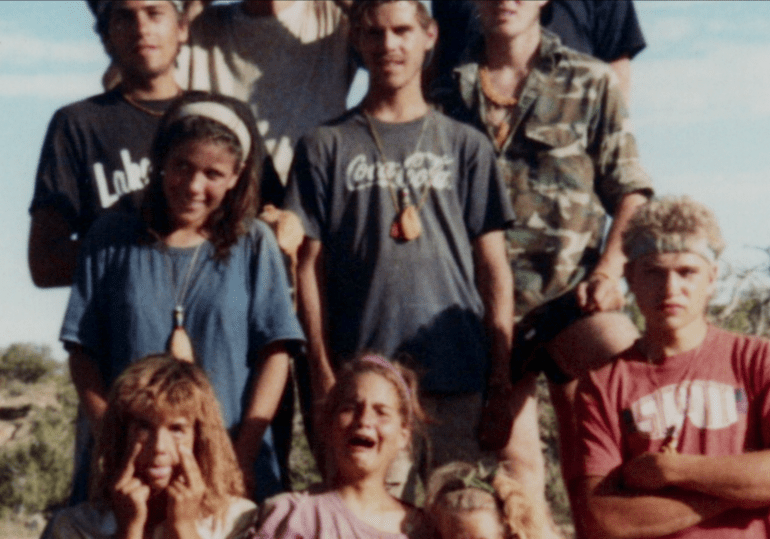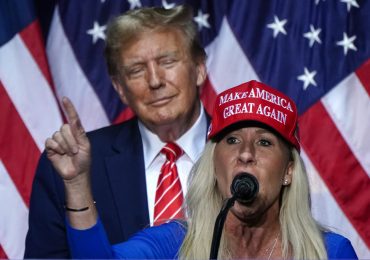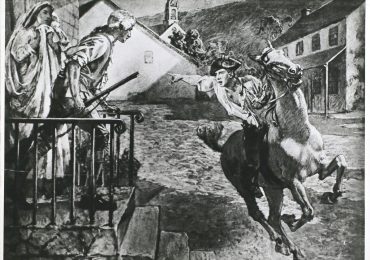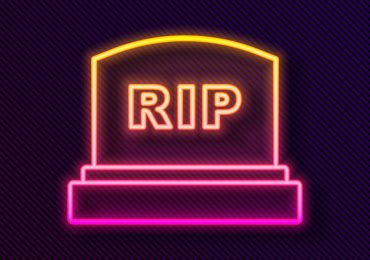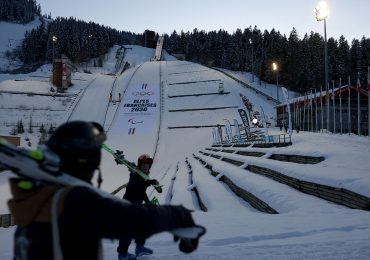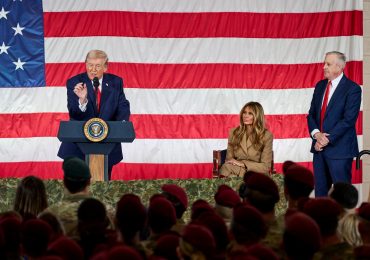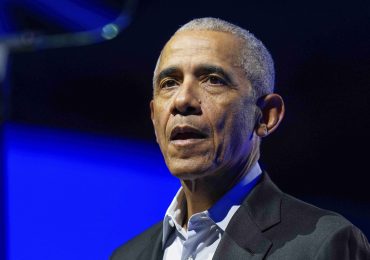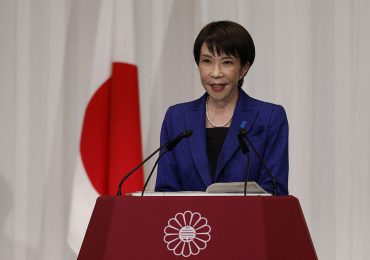IN a darkened bedroom, terrified teen Nadine woke to find two burly strangers standing over her bed, then was bundled out the door into a waiting car, bound for a brutal boot camp in the Utah desert.
Over the next few months the 15-year-old was starved, verbally abused and made to hike 500 miles in extreme heat in one of the US’ infamous Wilderness camps – where kids were forced to use their T-shirts as toilet paper and were even denied clean water.
Troubled teens were sent to camps by their parents
Nadine pictured in the Challenger Camp
The greatest betrayal of all was that the forced kidnap and ‘abuse’ was arranged by her parents – who paid £12,600 to have her sent there.
The Utah camp, run by the Challenger Foundation set up by former Navy Sergeant Steve Cartisano in the 1980s, was shut down in 1990 after the death of 16-year-old Kristen Chase, who collapsed on a hike.
But Cartisano – known as the “godfather of wilderness therapy treatment” – went on to run two more extreme programmes for “troubled teens”, attracting clients from America’s richest families, including the Rockefellers.
Paris Hilton, who went to a separate wilderness therapy camp, has previously revealed she was slapped, strangled and sexually abused.
In the Netflix documentary Hell Camp: Teen Nightmare victims tell stories of being beaten, hog-tied, starved and sexually abused in the camps.
One survivor tells how he was tied by the feet and dragged across the rocky Utah desert – causing over 80 injuries as his skin was pulled off his body.
The film – released today – also includes Cartisano’s chilling interviews, including one where he claims: “These kids need this, we are saving so many more lives.”
But Nadine has been left traumatised by her treatment in the Challenger Camp and says she was terrified the moment she arrived.
Nadine tells her story in the documentary
Kids were made to hike for miles in extreme heat
“I understood it was an unsafe situation from the very start,” she says.
“The hardest thing about being there was knowing my parents did it to me. The programme costs my parents over $16,000 (£12,600). That’s a lot of money in 1989.”
“If your own parent doesn’t care about you, nobody does. Who sends their kid to something like that?”
Moral panic
A rise in substance use in the 1980s fuelled a moral panic across the US with the First Lady Nancy Reagan warning of a “drug and alcohol abuse epidemic”, adding: “No one is safe from it. Not you not me, and certainly not our children.”
Desperate parents were turning to ‘wilderness therapy’ to instil discipline into troubled teens and Navy Sergeant Cartisano capitalised, creating the Challenger Foundation in 1988, and bankrolling £2.5million in its first year.
His philosophy was to “break the kid down and build them back up”.
Lance Jaggar – AKA Horse Hair – worked with Cartisano and says: “We didn’t break them down to hurt them. We didn’t break them down to punish them. We were breaking them down…to rebuild, help them to be better, more positive person.
“Some of the kids were so scared they’d almost pass out. And that was fine by me because I wanted them to have little fear. A lot of these kids, this was it or they were going to jail.”
Cartisano ran the brutal camp
Nadine was devastated by the note
Nadine admits she was a “rebel rouser, the black sheep of the family” and says she began to drink and party as a teenager.
“I loved to smoke pot and I had a boyfriend who was known as sort of a troublemaker in town so my parents didn’t like me dating him,” she says. “My mum didn’t like me. She was trying to find a way to get rid of me since I was 12.”
At 15, after running away and being sent back by police, she was in for a shock.
“I went to sleep thinking I’d be going to school the next day. The house was dark. My parents weren’t there and I was woken up by two men standing over my bed,” she says.
“They were big. They told me if I tried to run, they will handcuff me. They grabbed me and forcibly removed me from my house.”
Nadine was put on a private jet to Utah and driven to the middle of a desert.
“They handed me a note written on the back of an empty bill envelope, which read ‘This is for the best, we love you.’ That’s when I knew my parents paid these people to kidnap me and take me to the programme.”
They handed me a note written on the back of an empty bill envelope, which read ‘This is for the best, we love you.’
Nadine
She was made to sleep on the rocky ground, with no tent, and in the morning she met her fellow campmates, who she described as “skinny, their shirts were ripped.”
Over the next 63 days, she would be forced to march across the barren landscape with no water.
“It was 113 degrees and I hiked 500 miles in tennis shoes,” she says.
Any complaints were dismissed as bad attitude, and punished by more time on the programme and Cartisano branded teenagers “master manipulators and liars”, meaning it was “ingrained in the staff to not believe us… whenever you say you’re sick, they call you a liar.”
Nadine compared the camp to “Lord of the Flies” and said kids were made to carry heavy rocks on the hike, were not given toilet paper so resorted to using their clothes and even had to tie their hair up with tampons.
“My parents came to pick me up and my mother didn’t want to get close to me because I smelled,” she says. “We got in the car and she rolled the window down. I was like, ‘What is wrong with you people?”
Lance ‘Horse Hair’ Jaggar worked with Cartisano
Jaggar says they ‘broke’ the kids to ‘rebuild them’
The camp was in the barren landscape of Utah
Tragic death
Matthew was sent to the camp at 15, in 1990, after taking drugs and drinking. Mum Kari says he was “running wild” and “would have been in juvenile detention or dead” if she didn’t act.
One morning, after days of hiking through the desert, Matthew refused to carry on – and the punishment was swift and harsh.
One ‘counsellor’ hit him and another tied Matthew’s feet at the ankles and began dragging across the rocky ground.
“After a few feet he stopped and said, ‘now are you ready to hike?’ But I was in pain, so I said no, and he kept dragging. My skin was scraped off of my back and every 40 or 50 feet he stopped and asked me if I was ready to hike yet.
“Afterwards Steve Cartisano told me to remember it was my fault that happened.”
Suffering multiple injuries, Matthew was eventually taken to a local hospital where doctors told police he counted over 80 scars and contusions sustained while being dragged through the desert.
Weeks later, in June 1990, 16-year-old Kristen Chase, from Florida, collapsed after being forced to hike in 100 degree heat without water.
She began to hallucinate before passing out and it took two hours before professional medical help arrived, by which time she was dead.
Her autopsy concluded her internal injuries were consistent with exertion heatstroke.
While Cartisano was cleared of negligent homicide, in 1992, the case spawned a flood of civil cases for alleged child abuse and the company was shut down.
Cartisano, with wife Debbie, lived a lavish life
Matthew was badly hurt
Tied up in car
Dad-of-four Cartisano owned a huge house in Utah with wife Debbie and enjoyed splashing his cash, at one time driving a Lamborghini.
Now bankrupt, he set up a new programme called Healthcare America, which took kids from wealthy families to the Virgin Islands for “wilderness therapy in the tropics.”
But when local authorities discovered he had no licence to operate, he fled with the kids, sailing to Puerto Rico, the Dominican Republic, Jamaica and Colombia.
Ashley, who spent nine months in the programme at 15, said: “We never had any idea where we were going or what the plan was.
“I was scared of what was going to happen. It’s hard to explain. Never knowing when you’re going home, feeling you’re never going to be good enough to go home.”
At one point, in Puerto Rico, a staff member annoyed at escape attempts tied the kids up in a car, with nooses around their necks, attached to the vehicle.
Police who rescued the teenagers initially thought it was a gangland kidnapping.
Somoa ‘concentration camp’
Once again, Cartisano was shut down – only to rise again with a more extreme camp in Samoa, founded under the name Steve Michaels.
By a twist of fate, his own son David had become a heavy drug user and was himself enrolled in the new camp, Pacific Coast Academy, which cost up to £25,000.
One survivor told the documentary his mother sold his house to send him.
With no facilities built, the kids themselves worked long hours building sewers, loos and buildings in what one described as a “forced labour camp”.
A video smuggled out by the father of one of the teens showed the kids were “emaciated, dirty, covered in insect bites” and living in conditions which resembled a “Vietnamese concentration camp.”
One inmate said he had been frequently beaten while another said they “beat the crap out of us and made up stay up all night with our hands above our heads.”
Teens who did well on the programme were recruited as unpaid ‘staff’ and used as enforcers to punish other children.
Amber spent 16 months in the camp and says when she refused to clean tables, four other ‘students’ slammed her to the ground and hog-tied her before tying her to a pole where others were invited to throw water at her.
“They didn’t have staff do it because they knew it was child abuse,” she says.
NetflixThe rough shelters used in the Samoan camp[/caption]
You TubeThe teens appeared in the video[/caption]
Cartisano with son David in the Somoan camp
After two days she was taken into “isolation” on the other side of the island where she says she was sexually abused by a local chief, whose house she was forced to stay in.
“I told the head guy of the camp and he made me sound like I was blowing things out of proportion. How could I accuse Chief Tui of those acts?” she says. “So much so he left me there for longer.”
The video tape, smuggled out of Samoa with the help of the US Embassy, led to a raid in July 2001 – with 23 teenagers rescued from the centre and flown home.
Steve Cartisano died in May 2019, at the age of 63, after fighting cancer but, incredibly, the wilderness therapy industry lives on, with thousands of kids attending every year.
“Most people I talked to have been through these experiences, you can’t talk about it without being retraumatised by it,” says Nadine.
“This happened to me and I’ve been screaming about it for 20 years – and it’s had no impact,” says Nadine. “This industry has grown.”
Hell Camp: Teen Nightmare is available on Netflix now
You TubeA teenager reveals abuse in the smuggled video[/caption]
NetflixThe video revealed kids were living in horrific conditions[/caption]
Leave a comment
